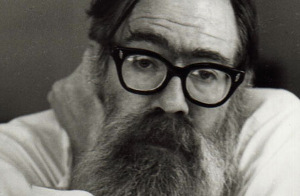A Quote by Matthea Harvey
Poetic success is when you write a poem that makes you excited and bewildered and aglow.
Quote Topics
Related Quotes
A successful poem says what a poet wants to say, and more, with particular finality. The remarks he makes about his poems are incidental when the poem is good, or embarrassing or absurd when it is bad and he is not permitted to say how the good poem is good, and may never know how the bad poem is bad. It is better to write about other people's poetry.
I started out in graduate school to be a fiction writer. I thought I wanted to write short stories. I started writing poems at that point only because a friend of mine dared me to write a poem. And I took the dare because I was convinced that I couldn't write a good poem... And then it actually wasn't so bad.
If you're angry, you don't have to write a poem dealing with the cause of your anger. But it needs to be an angry poem. So go ahead... write one. I know you're at least a little bit angry with me. And when you're done with your poem, decipher it as if you'd just found it printed in a textbook and know absolutely nothing about its author. The results can be amazing...and scary. But it's always cheaper than a therapist.






































